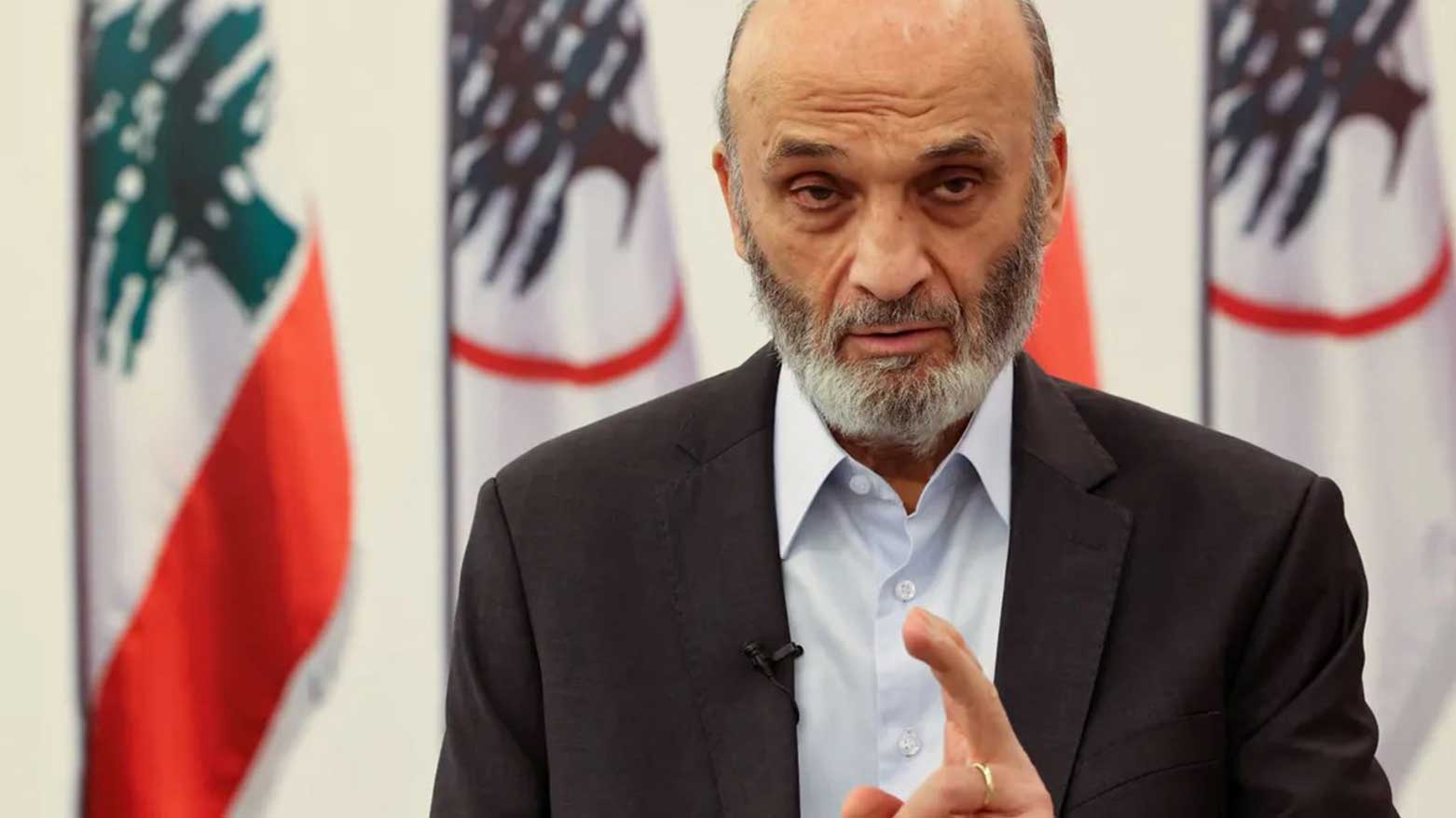Lebanese Christian Bloc Urges Hezbollah to Disarm as Army Prepares Implementation Plan
In response to Geagea’s remarks, Hezbollah reiterated its stance that disarmament would serve “an American and Israeli agenda” and compromise Lebanon’s defense posture.

ERBIL (Kurdistan24) — Lebanon’s leading Christian political party on Sunday renewed calls for Hezbollah to surrender its weapons to the state, as the Lebanese army moves forward with a government-ordered plan to disarm the Iran-backed group by the end of the year.
Samir Geagea, head of the Lebanese Forces and leader of parliament’s main Christian bloc, said Hezbollah’s armed presence had proven counterproductive, particularly during the recent conflict with Israel.
“Your war with Israel was lost and destructive,” he declared, stressing that the confrontation only resulted in “destruction, ruin, displacement, and invited new occupation.”
Geagea emphasized that true sovereignty could not be achieved while non-state actors maintain arms, warning that a slide into renewed internal conflict could be catastrophic.
“The shortest path to ending Israeli occupation and aggression, my brothers, is building a real state… and there can be no true state as long as illegal weapons remain,” he said, urging Hezbollah to hand its arsenal over to the Lebanese Armed Forces.
Hezbollah, the only faction allowed to retain its weapons after Lebanon’s 1975–1990 civil war, has categorically rejected such demands. The group insists that its arms are essential for confronting Israel and accuses Lebanese authorities of bending to pressure from the United States and Israel.
In response to Geagea’s remarks, Hezbollah reiterated its stance that disarmament would serve “an American and Israeli agenda” and compromise Lebanon’s defense posture.
The debate over Hezbollah’s arsenal has long been one of Lebanon’s most divisive political questions, intertwining domestic politics with regional rivalries. The group emerged in the early 1980s, backed by Iran’s Islamic Revolutionary Guard Corps (IRGC), as a resistance movement against Israel’s occupation of southern Lebanon.
Over the years, Hezbollah grew into a formidable military-political organization, maintaining a parallel structure to the Lebanese state and establishing itself as both a militia and a political party with significant influence in government.
Following the end of Lebanon’s 15-year civil war in 1990, the Taif Agreement mandated the disarmament of all militias. However, Hezbollah was allowed to retain its weapons on the grounds of its “resistance” role against Israel.
This exception became the cornerstone of the group’s legitimacy, but also a lasting source of friction with rival Lebanese factions, particularly Christian and Sunni groups, who see Hezbollah’s arsenal as undermining state sovereignty.
Hezbollah’s military power has grown significantly since the 2006 war with Israel, when it surprised many by withstanding Israel’s offensive and claiming a symbolic victory. Yet, in the most recent round of fighting, Israel’s military campaigns appear to have inflicted serious damage on the group’s infrastructure and leadership, raising questions about its deterrent capacity.
Observers argue that this weakening has emboldened Hezbollah’s domestic rivals, such as Geagea, to step up their calls for disarmament.
The United States and its Western allies have consistently pressured Lebanon to rein in Hezbollah, which Washington designates as a terrorist organization. In August, Lebanon’s cabinet instructed the army to develop a disarmament roadmap, an unprecedented step that signals growing international and domestic impatience with the group’s armed autonomy.
Still, implementing such a plan poses immense challenges, as Hezbollah remains deeply entrenched in Lebanon’s political, social, and security fabric.
Lebanon’s fragile political balance further complicates the matter. The country is grappling with its worst economic crisis in decades, alongside a paralyzed political system, deep sectarian divisions, and recurring security flare-ups.
Many fear that attempts to forcibly disarm Hezbollah could trigger widespread instability or even plunge the country into another civil conflict. For Hezbollah’s critics, however, the alternative is equally dangerous: a perpetual state within a state, where one armed faction wields more power than the national institutions.
Geagea’s latest remarks reflect this sentiment, framing the disarmament debate not merely as a political demand but as the foundation for Lebanon’s sovereignty, stability, and future.